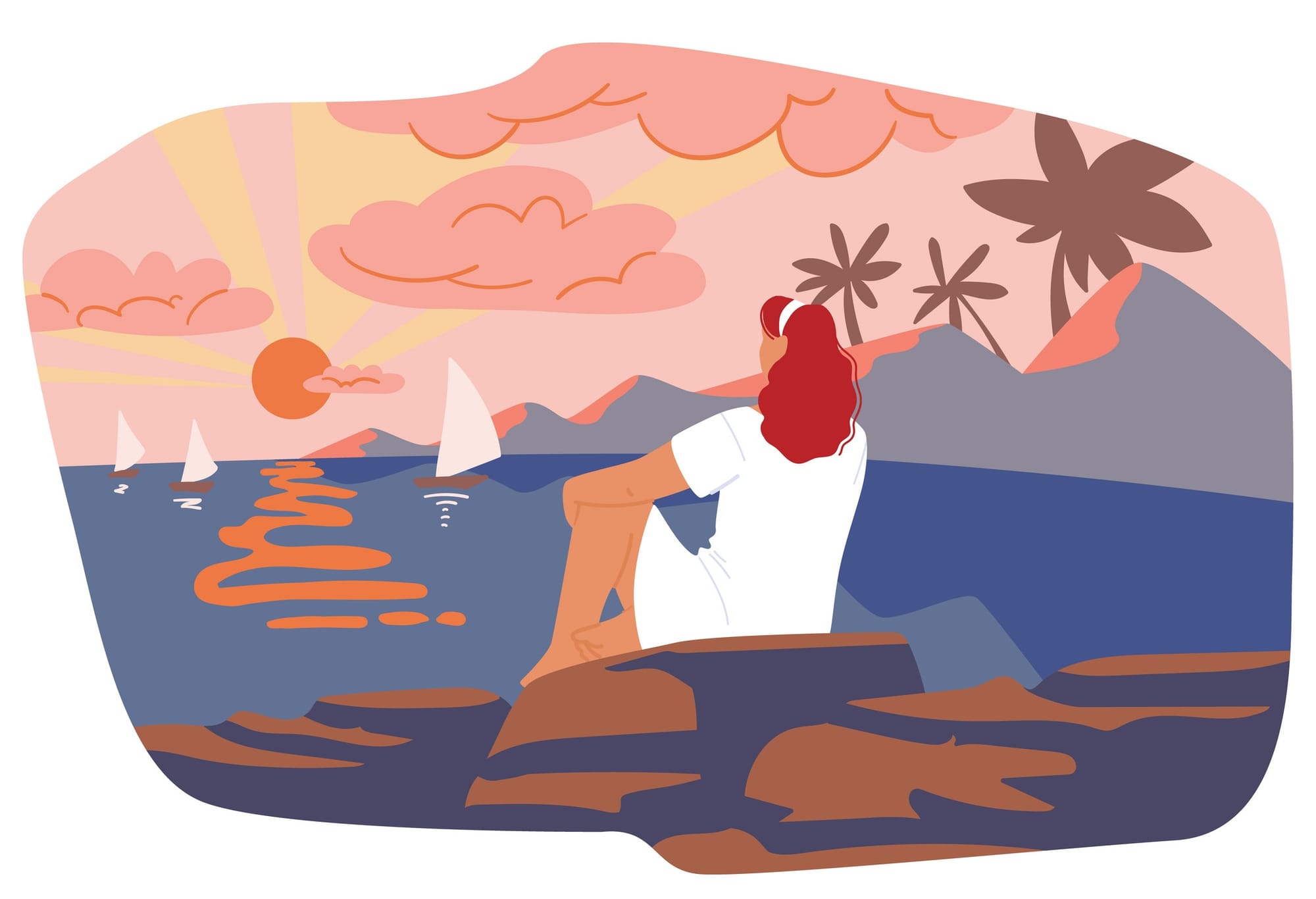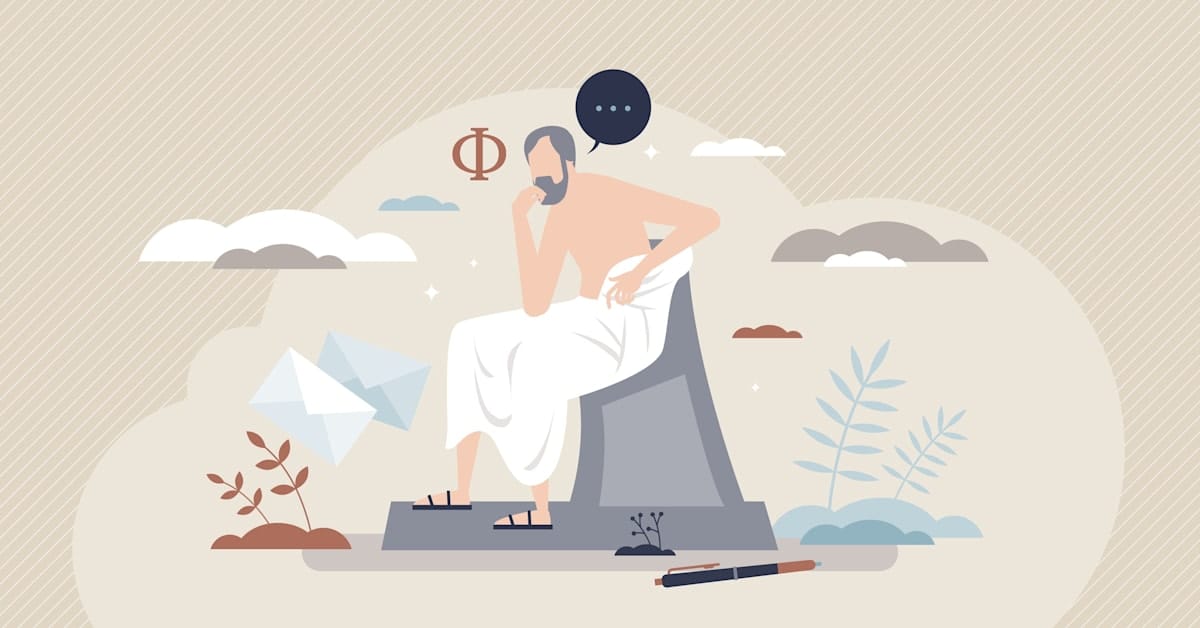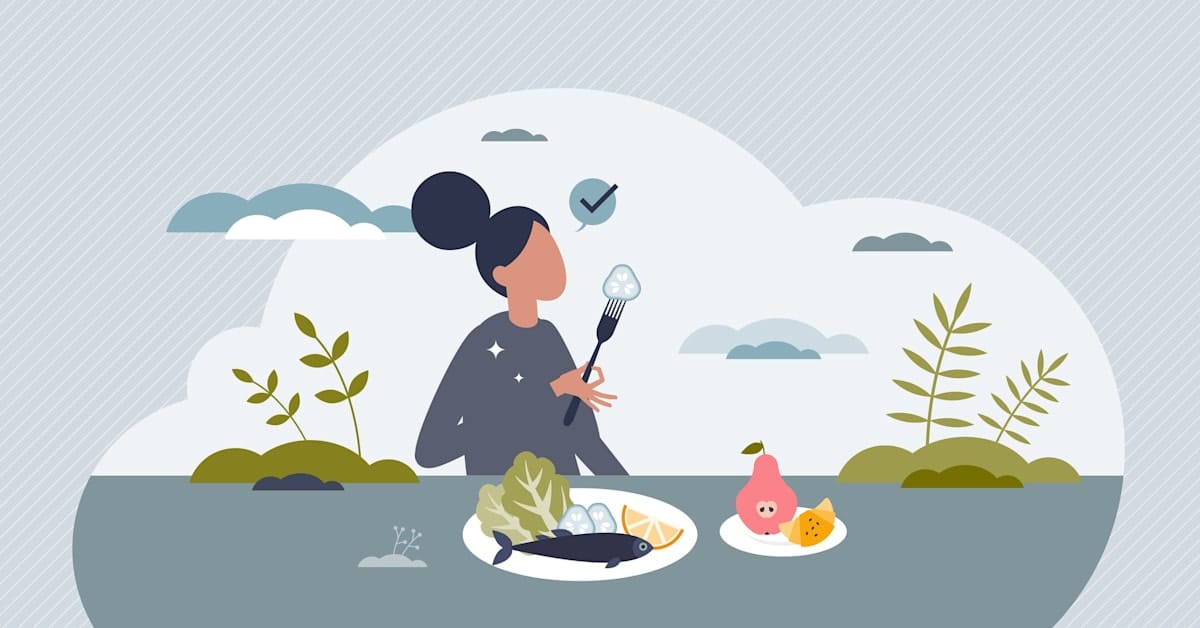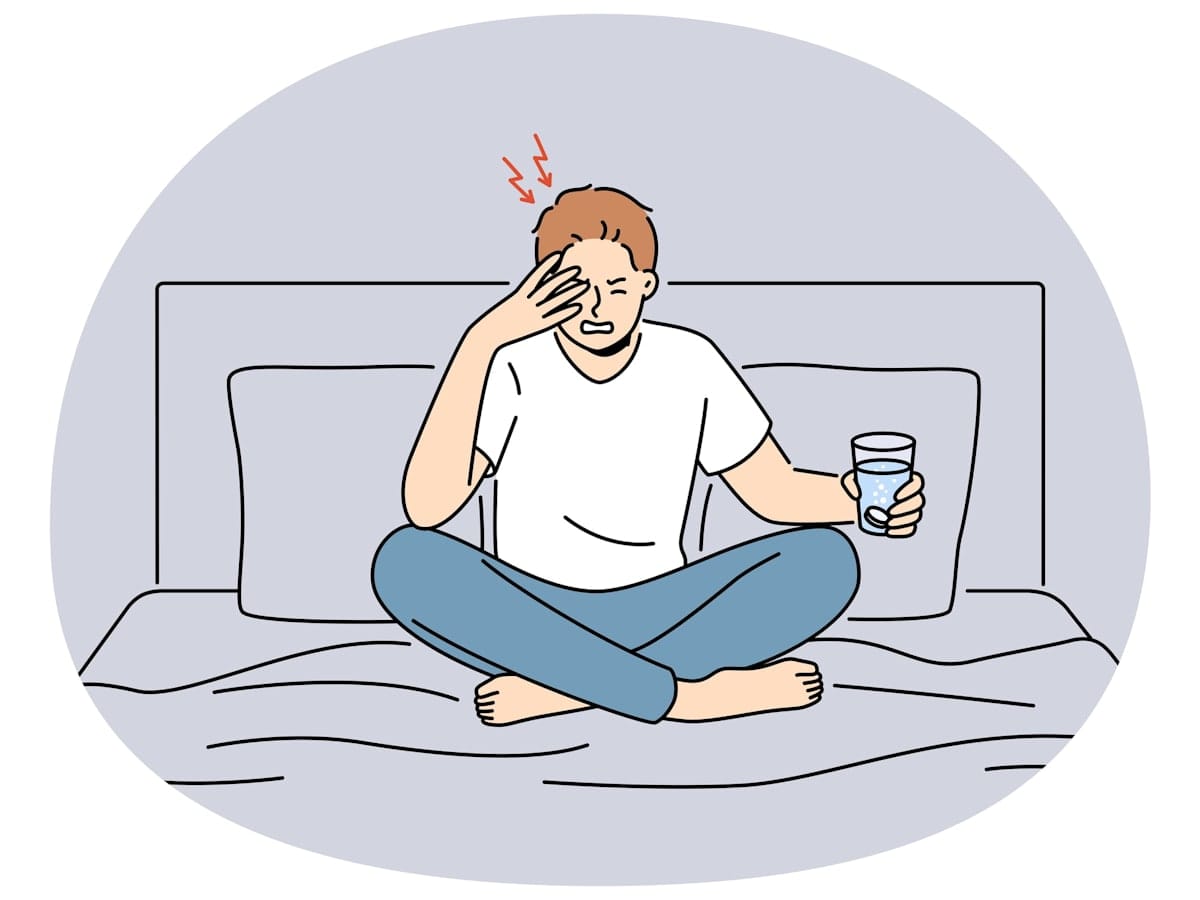
It’s that time of year again, when the team at the Monash Centre for Consciousness and Contemplative Studies (M3CS) puts into practice all the things it preaches in quieter times.
M3CS Director of Innovation Megan Flamer meets the centre’s Director of Education, Professor Craig Hassed, to talk about preparing for the holidays, mindful eating, and how to truly savour the holiday period.
We’ve captured the key takeaways from their advice below, or join their fun, informative chat in the video below.
Megan: It’s very normal at this time of year to suddenly have a few too many events in the holiday period and, certainly in Australia, I notice that many of these gatherings revolve around drinks, and alcohol, and there's always that tendency potentially to overindulge. How do we bring mindfulness to that?
Craig: If we're mindful, we're not going to wall ourselves off in some sort of hermit cell necessarily, unless that’s really what we want to do. Most of us will be living in the world, and get out there, but also have awareness and discernment behind our enjoyment. As the Greeks said, moderation in all things! It’s great to enjoy, but there’s also the opportunity to be aware of that point where we need to stop.
It’s trying to find that good balance where we can make good decisions for ourselves and we can enjoy ourselves.

Megan: What are some of the ways that we can pre-game, or pre-prepare so we can make some of those good choices?
Craig: I think these days, we’re so busy, and have so much on, the world’s so fast-paced, we kind of realise we’ve got an accelerator and we tend to be pushing that pretty hard most of the time, but we’ve forgotten that we've also got a brake pedal.
In the spaces between doing things, on the way to an event, just take that moment to stop and to settle, so we can step into that next situation just feeling a little bit calmer and more settled.
When we’re at an event and there’s this magnificent smorgasbord of food that’s there and everybody's very generous, just being a little bit more mindful and not piling the plate, but just get mindful portions, you know, things you would be interested to try.
Then if you eat it, and eat it mindfully, taste and enjoy it, and if at the end of having done that and digested a bit, and you kind of feel like the body’s fine with a little bit more, then go back and taste that little bit more. Again, it’s about tapping the brake pedal to put less on the plate, savour it more, eat a little bit slower, and taste it, enjoy it.

Megan: I’m going to play devil's advocate here. Let’s say we go overboard and you wake up the next morning and maybe you’re not feeling so good, whether that’s too full, hungover, overtired. What do we do when we get to that point when you’ve gone a bit too far? How do we bring gentleness and mindfulness to that moment?
Craig: Well, I suppose you can just bring that awareness to that slight feeling of nausea, or that’s just that headache that”s in the background, or just the night’s sleep that you didn’t really get. And you can just kind of learn to feel comfortable with the discomfort in a very accepting, open, non-reactive way.
And then you can get curious and turn your attention to all the moments when there was that little bit of inner knowing – like something quietly said to you, step away from the dessert bar now – but you ignored that little moment of internal wisdom and went up there anyway.
There was something that said, that’s enough drink for one night, but you thought you’d just try that after-dinner whiskey, and whatever else was going. There’ll be all these moments of knowing, so you can be curious and you can just notice, isn’t that interesting?

The thing to learn from the experience is not to spend the next moment, or the rest of the day, beating ourselves up or getting caught up in a mental commentary about “what’s wrong with me”, etcetera. So, I don’t think that’s particularly helpful, but we can get curious and we can turn towards and just recognise our behaviour – so that when situations like that arise again, there’s that greater level of awareness, so in the future, we can make those choices a little bit more wisely.
Megan: I have a friend who I buddy up with over stressful periods, and we send each other reminder memes not to overindulge, or to remember to drink water – just to be that little angel on each other’s shoulder. Those gentle reminders help me make some of those good choices.
Craig: It reminds me of Dr Rick Kausman, who does some great work with helping with weight management and healthy eating. One of the things he talks about is just slowing down the eating, increasing the tasting, and just do it in a more mindful way to help us recognise that point more mindfully about when enough is enough. And the paradox is, we actually enjoy the event, we enjoy the meal, we enjoy the evening, we enjoy life more generally, when we can do it in that way.
The ancient Greeks had one sort of language for it, but in modern neuroscience, we’ve got another language, that it’s the executive functioning area of the brain and the reward system of the brain and the emotive area of the brain. That reward system is all about pleasure, but it needs an adult in the room.
Megan: I like the idea that we can be that adult for ourselves, but sometimes we need a little help from our friends! I love Dr Rick’s tip about knowing food will be there later – that you don’t have to finish it all right now. If you’re surrounded by people pushing food on you, you can respond that you’d love to try it, just not right now. It’s a way to diffuse that pressure quickly, both in the conversation, but also for the reaction in myself.
Craig: We’re running a marathon here – don’t sprint at the start! It’s going to be really painful if you do. When somebody is very generously offering, “Oh, have you tried this?” … Try a little bit, but if we, if we just get that portion right, just start a little bit more slowly, pace ourselves better, then we can find we’re actually feeling quite good by the end of it all, rather than feeling like, “Um, uh, do I go home and, uh, and lie on the bed for the next, uh, umpteen hours, or should I call an ambulance now?”.
Megan: What are you most excited about over the holiday break?
Craig: For me, just the simple pleasures of having time to get to some of those things done around the home, taking some time out, and being in Melbourne after Christmas when Melbourne is quiet. Anywhere there’s a bit of quietness going on, I’ll be there.
Megan: I have a tradition I used to do with my dad, who's now passed away, which is getting a really perfect WA mango and taking it to the beach, having a good old swim, and then standing in the waves and just making a real mess of the mango, standing in the beautiful clear ocean and just savouring that moment.
Craig: We wish you a really delicious, mindful, holiday period, where everybody gets a bit of time and space to be able to do what they need to do and reset for the new year. And from all of us here at M3CS, thank you so much for joining us this year, and we look forward to seeing you again next year.





